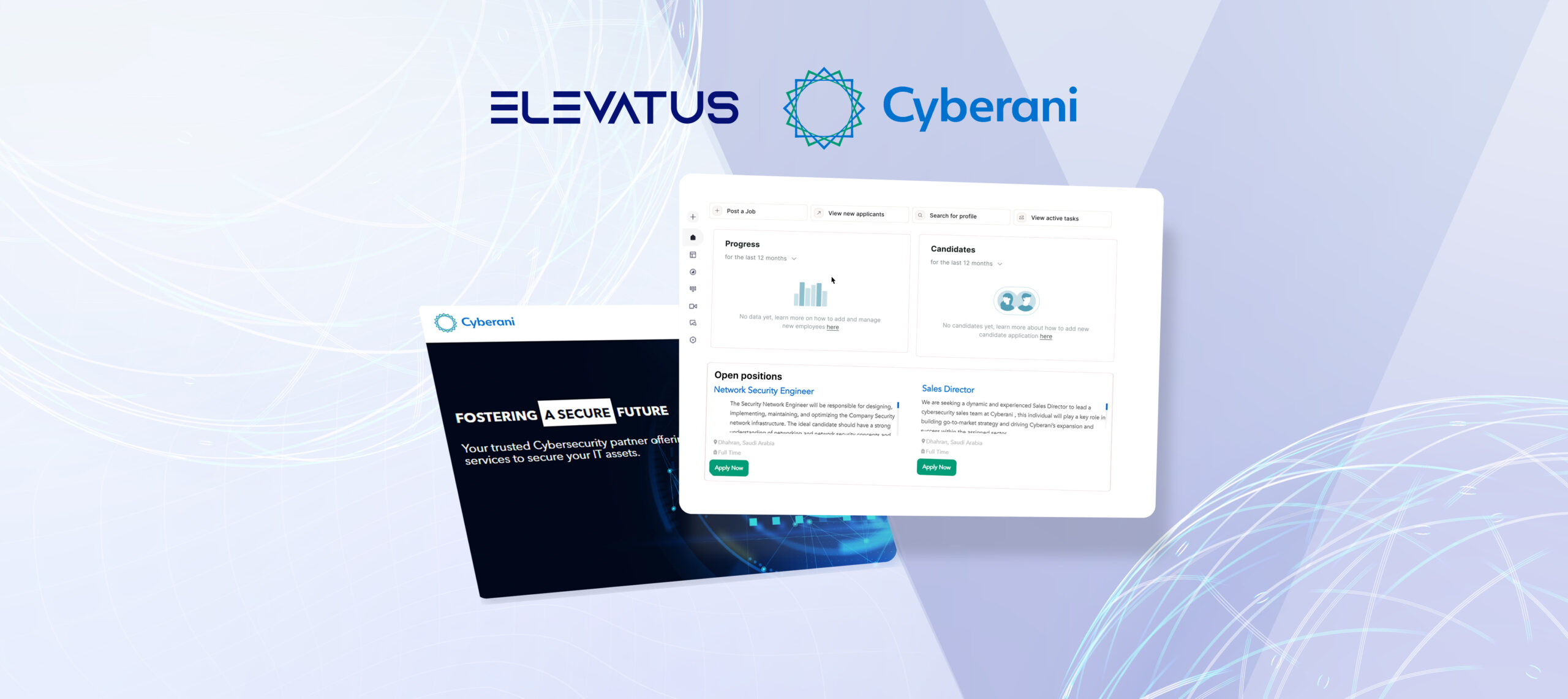
Core competency definition
September 22, 2023
Reem Al-Tamimi
Content Writer
Core competencies are the fundamental skills, abilities, and knowledge required by employees to excel in their job roles. These competencies vary depending on the industry, company, and position. For instance, a lawyer needs in-depth legal expertise and strong communication skills to engage with clients, judges, and peers. In contrast, a law firm’s receptionist focuses on operating scheduling systems and delivering pleasant telephone interactions.
What are the core competencies based on?
Core competencies form the bedrock of proficiency in various job roles, reflecting the skills, knowledge, and attributes crucial for successful performance. They are shaped by a combination of factors, creating a comprehensive framework that aligns employee capabilities with organizational objectives. Here’s an insight into the key determinants influencing the formulation of core competencies:
- Industry Dynamics: Core competencies are molded by the distinctive requirements and benchmarks within a particular industry. Technical prowess or innovative thinking may be emphasized based on industry demands.
- Strategic Objectives: Competencies are tailored to an organization’s strategic goals. If expansion into global markets is a priority, proficiency in languages and intercultural communication might become core.
- Role-specific Essentials: Different roles necessitate distinct competencies. Leadership positions might emphasize strategic planning and decision-making, while client-facing roles prioritize communication and empathy.
- Adapting to Change: Core competencies evolve alongside industries. Technological advancements and market shifts can trigger the need for new proficiencies to maintain competitiveness.
- Fostering Collaboration: Given the significance of teamwork, competencies like conflict resolution and collaborative problem-solving gain prominence.
- Stakeholder Expectations: Competencies are also molded by the skills required to meet client needs, ensuring satisfaction and organizational success.
Examples of core competencies for various roles
Core competencies vary across roles, showcasing the diverse skills and proficiencies essential for success:
- Leadership Role: Strategic thinking, decision-making, and team management.
- Customer Service: Communication, empathy, and problem-solving.
- Technical Positions: Coding, data analysis, and problem-solving.
- Sales and Marketing: Negotiation, market analysis, and relationship-building.
- Creative Fields: Innovation, artistic expression, and adaptability.
- Administrative Jobs: Organizational skills, time management, and attention to detail.
- Project Management: Planning, risk assessment, and delegation.
These examples underscore how core competencies align with specific roles, enabling individuals to excel in their respective areas and contribute to overall organizational success.
Turn top talent to employees fast
Hire, assess, onboard and manage top talent for every job. See how Elevatus streamlines everything; from acquire to new hire.
Request a demoAuthor
Reem Al-Tamimi
Don't miss a thing!
Stay one step ahead. Subscribe and get the latest updates, news, and insights from Elevatus straight to your inbox.





